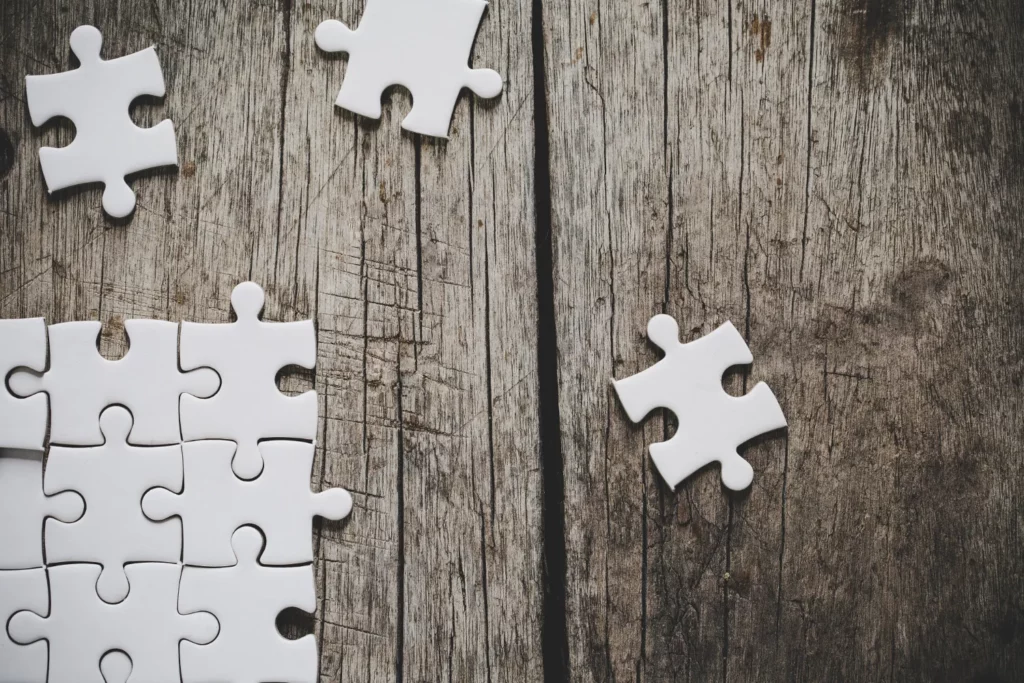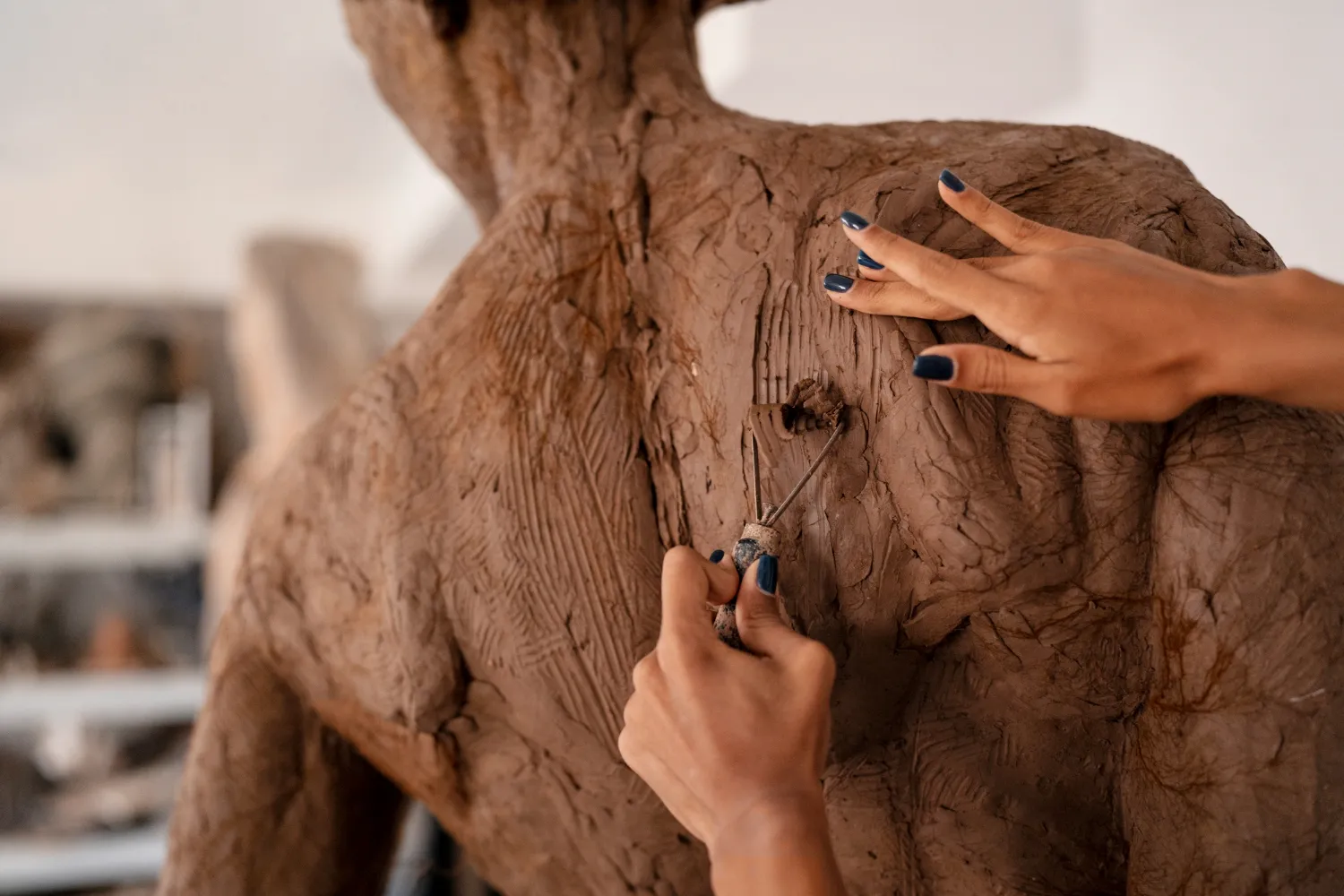Bridging the Gap: Transforming Mental Health and Addiction Recovery in Tanzania

Introduction
As I stand before you today, I’m reminded of the transformative journey that brought me here. My name is Sunday, and at 42 years old, I’ve experienced the highs and lows of addiction and mental health challenges. I owe a debt of gratitude to my family and friends who supported my recovery journey, enabling me to seek treatment at a renowned facility in neighboring Kenya. The experience was invaluable, combining addiction treatment and mental health support over a comprehensive 14-day detox and 90-day rehab program. It’s this experience that fuels my determination to bring similar resources to Tanzania, where such facilities are sorely lacking.
Personal Story and Lessons Learned
My journey to recovery was paved with challenges, but it was also marked by moments of profound growth and gratitude. The support of my loved ones, coupled with the professional care I received, helped me navigate the complexities of addiction and mental health. I’m forever grateful for the resources and guidance that enabled my transformation, and it’s this gratitude that drives my advocacy work today.
I got my first psychological and psychometric testing ever in my life in Rehab aged 40, that in itself speaks volumes of the mental health and addiction recovery situation in Tanzania and sun-Saharan africa, when a middle -class man, has to travel to a neighboring country to seek psychiatric and psychological and addiction counselling in order to get his first mental health psychological assessments & diagnosis by professionals.
The tests revealed an undiagnosed Attention Deficit Hyperactivity Disorder (ADHD condition), undiagnosed mild depression, extreme grief, anxiety, imposter and savior syndrome complexes and survivors remorse to name but a few mental health issues that were unbeknownst to me, prior to rehab and were fueling my addiction tendencies, poor ill health and unhappiness.
Without rehab, professionals interventions, medications not found in Tanzania and therapy, not to mention being able to have friends and family who pulled resources together to send me on this expensive oddeysay for a shot at help and recovery through rehabilitation, I would have become worse, continued to spiral out of control and keep hurting my loved ones in the process.
Purpose and Mission of Mwangaza Sunday
Mwangaza Sunday is more than just a platform to me; it’s a beacon of hope for individuals navigating their own recovery journeys. Our mission is to provide comprehensive support and resources for addiction recovery and mental health challenges in East Africa, by on boarding professionals and being the bridge between clients and professional support. Through education, advocacy, and community engagement, we aim to break down barriers and empower individuals to reclaim their lives.
Our vision is to provide a supportive community to those with addiction issues and mental health challenges, and push for destigmatizon and push for recovery. We focus on recovering addicts, mental health warriors, caregivers and people with disabilities.
UN Sustainable Development Goals (SDGs) on Mental Health
While Tanzania has made strides in addressing mental health challenges, significant gaps remain. Limited resources, cultural norms, and societal attitudes pose formidable obstacles to progress. As the country strives to meet the targets outlined in SDG 2030, it’s imperative that we confront these barriers head-on and advocate for meaningful change collaboratively, consistently, actively and aggressively.
Mental Health Landscape in Tanzania
In Tanzania, access to quality mental health and addiction treatment is severely limited. Psychiatric hospital wards and sober houses serve as stopgap measures, but they fall short of providing the comprehensive care individuals need because of being understaffed, underfunded and non- prioritized.
Cultural and religious norms further compound these challenges, perpetuating stigma and hindering access to care, particularly in rural areas.
Legislation, Regulations, and International Agreements
Tanzania has ratified international agreements related to mental health, but implementation at the national level remains sluggish. The lack of dedicated facilities and resources underscores the urgent need for policy reform and investment in mental health infrastructure.
By aligning domestic legislation with international standards, Tanzania can better meet the needs of its citizens and fulfill its obligations under international law.
Hypothesis
Given the current landscape of mental health and addiction recovery in Tanzania, it is my hypothesis that without significant investment in infrastructure, policy reform, and community engagement, the country will struggle to meet the targets outlined in SDG 2030.
By addressing systemic barriers and promoting a culture of inclusivity and support, we can pave the way for lasting change and improve the lives of millions.
Addiction-Related and Mental Health Institutions in Tanzania
Currently, Tanzania in my view lacks facilities that offer integrated addiction and mental health treatment on par with international standards.Psychiatric wards & sober houses we find quite prevalent and therefore, an institution is either built to look just at the addiction part or emphasis more on the mental part, but rarely both & in adequate fashion.
My vision is to establish state-of-the-art rehab centers that provides comprehensive care both addiction related and mental health management, drawing on the expertise of clinicians, therapists, life coaches & the like.
( I am currently working on my business plan, costings and financial projections, expansion scaling up projections, company policies and the like, sourcing investors and supporters alike.)
By raising the standard of care and expanding access to underserved communities, we can make a meaningful impact on the lives of countless individuals.
Challenges and Solutions
The road ahead is fraught with challenges, but it’s also brimming with potential. By leveraging technology and community partnerships, we can extend the reach of mental health services to rural areas and underserved populations. School-based interventions, corporate wellness programs, and community outreach initiatives offer promising avenues for change. With your support and others, we can turn these aspirations into reality.
Conclusion
In closing, I invite you to join me in envisioning a Tanzanian, East African and African future where mental health and addiction recovery are accessible to all, discussed openly, responsibly & respectfully.
Together, we can break down barriers, challenge stigma, and build a more compassionate & resilience society.
African adage, “I AM BECAUSE WE ARE.”
The phrase “I am because we are” is derived from the philosophy of Ubuntu, which originates from various Bantu languages spoken in Southern Africa, particularly South Africa, Zimbabwe, and Zambia. Ubuntu emphasizes the interconnectedness of humanity and the importance of community and collective responsibility.
In my native Swahili, this Ubuntu Philosophy is referred to as “Umojaa”, which means “Unity” in English. It’s often used to signify solidarity, togetherness, and harmony within a group or community.
To battle addiction and mental health, we must walk this talk together in solidarity, community, and with a collective responsibility.
Get in touch with us directly or follow us on social media to learn more about our mission and how you can get involved. We welcome your feedback, support, and encouragement.
Together, we can make a difference—one step at a time.
Glossary of References and Further Readings
– Tanzania Demographic and Health Survey
– World Health Organization (WHO) reports on mental health in Tanzania
– Convention on the Rights of Persons with Disabilities (CRPD)
– African Charter on Human and Peoples’ Rights
– Mental Health Act of 2009 (Tanzania)









